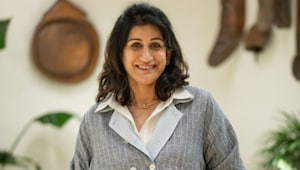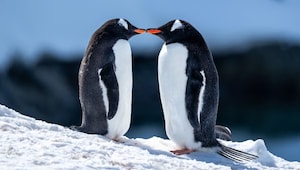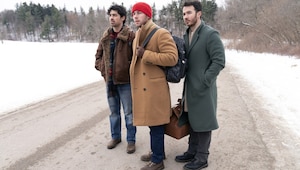World’s First Covid-19 Vaccine is Out
Russia has launched world's first coronavirus vaccine and here’s what you need to know.

There’s finally some good news. Russia today (August 11), announced the launch of a Covid-19 vaccine, the first of its kind in the world. Though scientists, researchers and doctors across the globe are working towards finding a vaccine fit for human use, Russia has finally found what we all need at the moment. The news agency AFP, reported that Russian President Vladimir Putin told his ministers in a televised video conference call that: ”This morning, for the first time in the world, a vaccine against the new coronavirus was registered.” Another news agency, Associated Press, reported that one of Putin’s two daughters has received the vaccine shot and is feeling well.
The Covid-19 vaccine has been jointly developed by Gamaleya Research Institute and the Russian Defence Ministry. The clinical trials, which included 38 volunteers, began on June 18 and included 38 volunteers. The researchers involved in developing the vaccine noted that all the participants of the clinical trial developed immunity. The volunteers were divided into two groups and the first group was discharged on July 15 and the second on July 20.
Now what?
However, the vaccine’s registration is conditional. So while mass production will be flagged off, the trials will continue. According Russian news agencies, the vaccine will be produced at two sites - the Gamaleya Research Institute and the company Binnopharm in Russia. The health ministry plans to begin mass vaccination by October but Murashko said frontline workers like medical staff, may get vaccinated this month.
How does the vaccine work?
According to Sputnik News, Russian Health Ministry stated: "The two-stage injection plan helps form a lasting immunity. The experience with vector vaccines and two-stage scheme shows that immunity lasts for up to two years”.
How safe is it?
Well, while the director of Gamaleya National Research Centre, Alexander Gintsburg, claims that the vaccine has used inanimate particles created on the basis of adenovirus, which can’t multiply in the human body. Hence, the vaccine couldn’t be harmful to a person’s health.
However, Russia’s rushed registration is being look at with much scepticism by various industry bodies and pharmaceutical companies. Many have expressed concern over the efficacy and safety of the vaccine. According to The World Health Organisation all vaccines need to go through full stages of testing before they can be rolled out. So, time will tell if the concerns are well-founded, but as of now the vaccine gives us a glimmer of hope amidst all the gloom and despair.
more from Life

How training for a marathon became the most honest conversation I have ever had with myself

Emily in Paris season 5 is back—and we’re still hate-watching every minute of it

“Pebbling” is the non-toxic, genuinely adorable dating trend we all needed

Is 'future faking' the new gaslighting? Decoding this new dating trend

Bad at gifting? Check out these stocking stuffer ideas based on each zodiac sign

15 new Christmas movies you might want to add to your 2025 holiday watch list

Why glycolic acid is your skin's best friend for the winter season

Women have long been having sex on the first date—so why do some of us still feel shamed?

The 'shixie' is a modern take on the 70s shag haircut: 10 style ideas and how to wear the trending look

Why blush balms are the low-effort glow stick for fuss-free radiance
